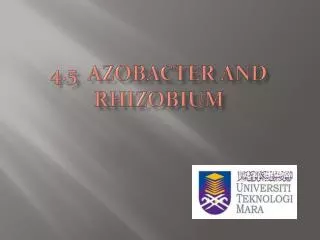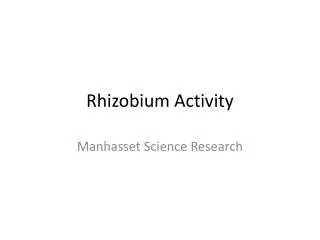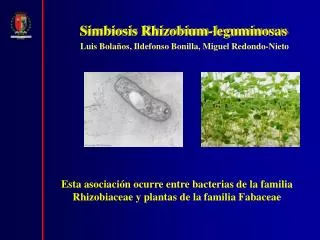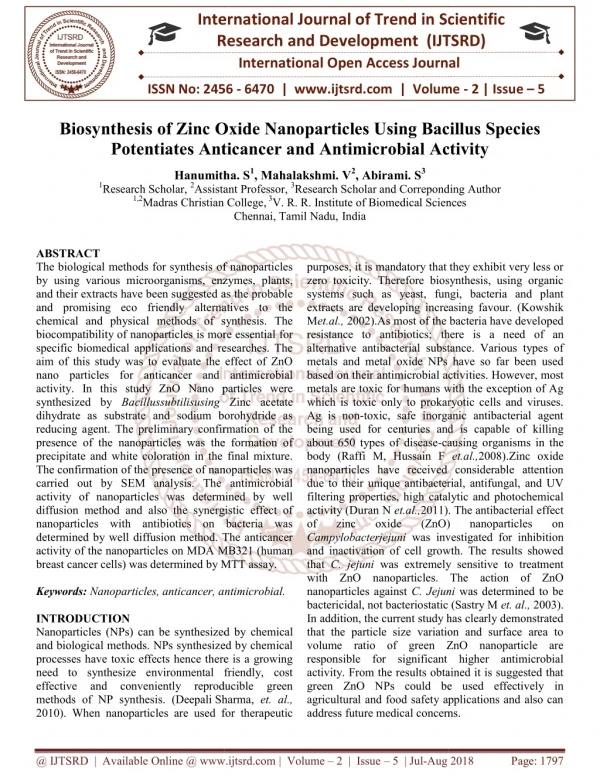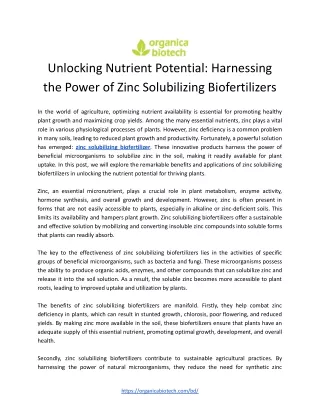Phosphate solubilizing potential of Rhizobium and Bacillus species for enhancing
0 likes | 14 Views
A field experiment was conducted to evaluate the separate and integrated effect of Rhizobium and Bacillus spp. on the growth of maize (Zea Mays L.). Inocula of Rhizobium and Bacillus were applied as seed coating. Recommended dose of fertilizer (120-60 kg NP ha-1) was applied at sowing. The treatments were implied according to Randomized Complete Block Design with three repeats. Inoculation had no significant effect on the leaf length (84cm) and internodal distance (18.3cm) compared to their respective control (80cm and16.5cm) but the photosynthetic rate (105.3u00b5 mol-2s-1) ,
Download Presentation 

Phosphate solubilizing potential of Rhizobium and Bacillus species for enhancing
An Image/Link below is provided (as is) to download presentation
Download Policy: Content on the Website is provided to you AS IS for your information and personal use and may not be sold / licensed / shared on other websites without getting consent from its author.
Content is provided to you AS IS for your information and personal use only.
Download presentation by click this link.
While downloading, if for some reason you are not able to download a presentation, the publisher may have deleted the file from their server.
During download, if you can't get a presentation, the file might be deleted by the publisher.
E N D
Presentation Transcript
More Related



